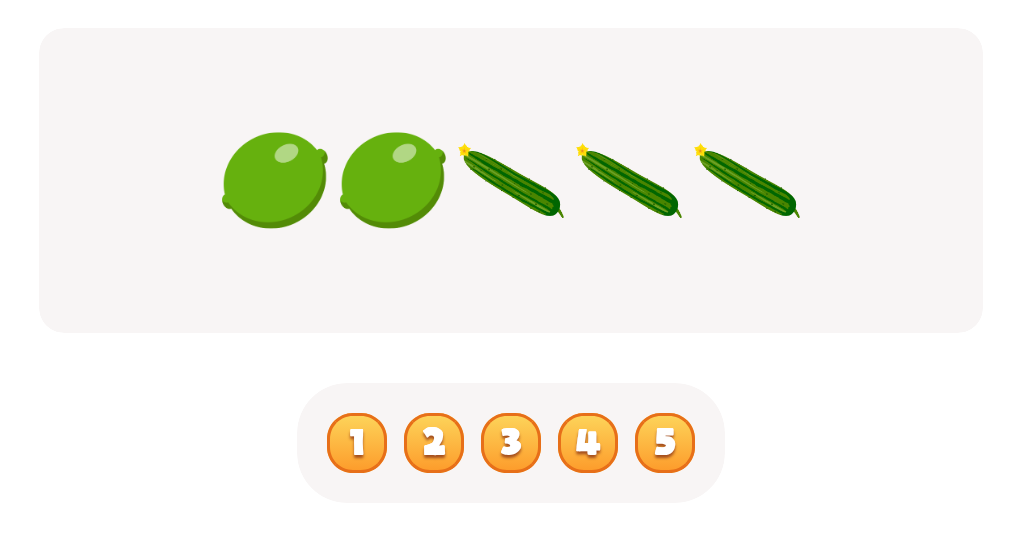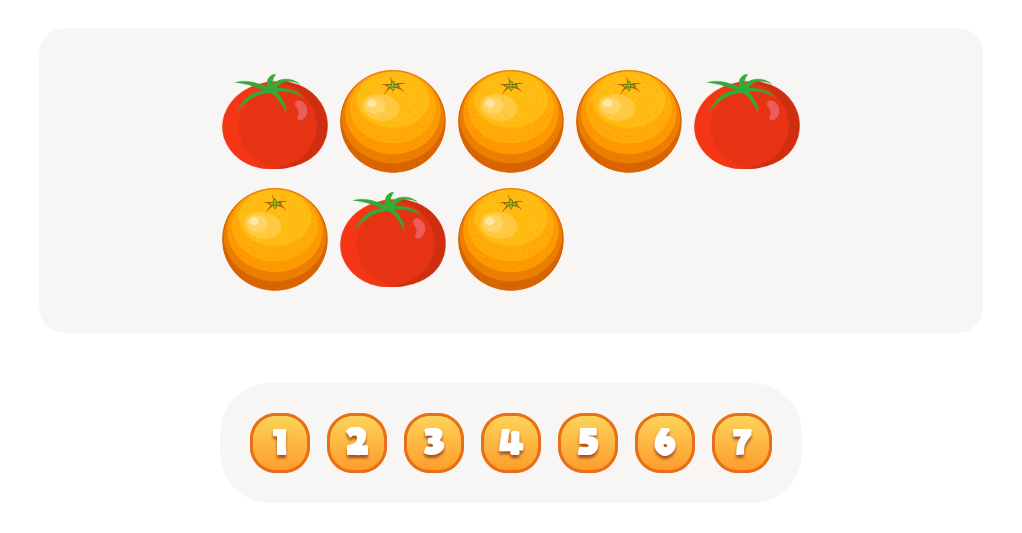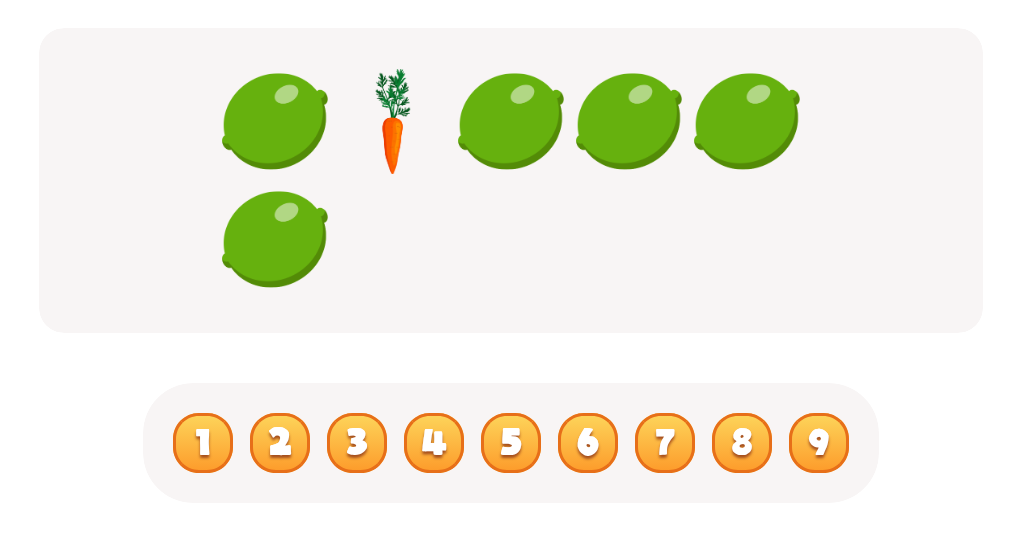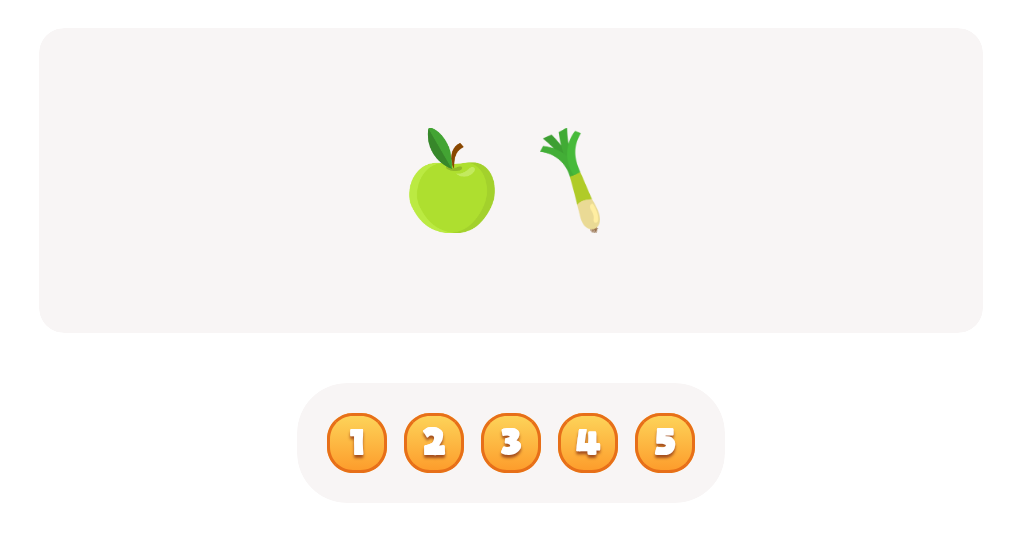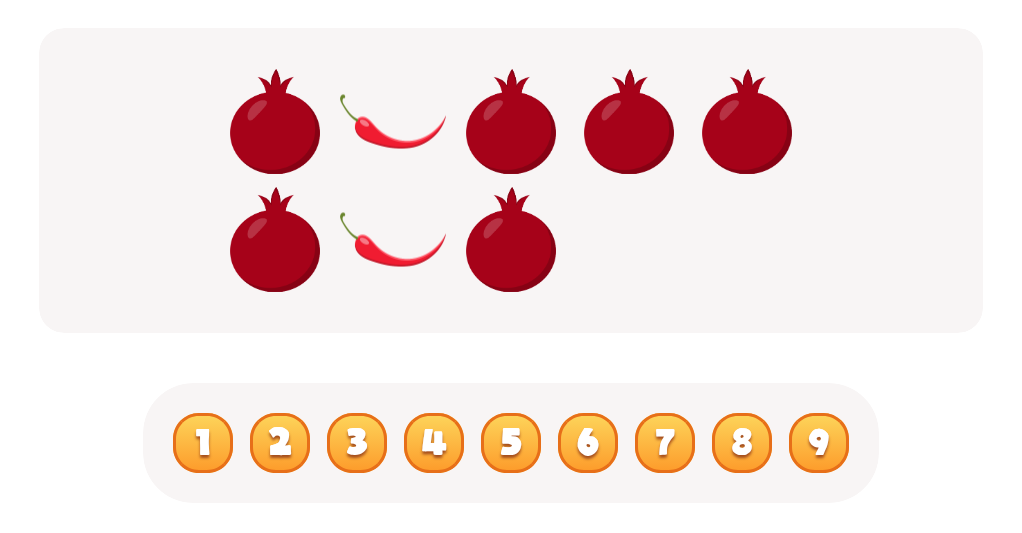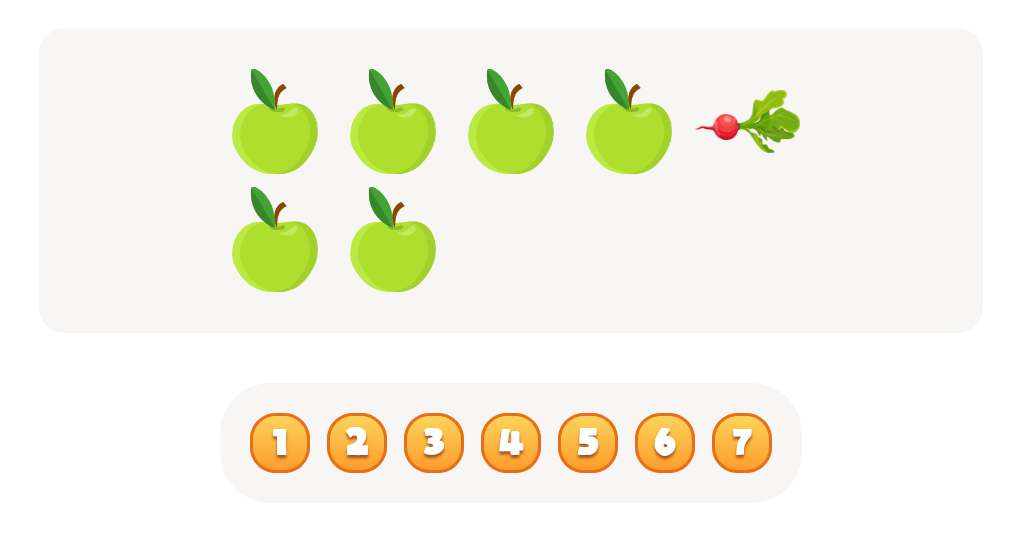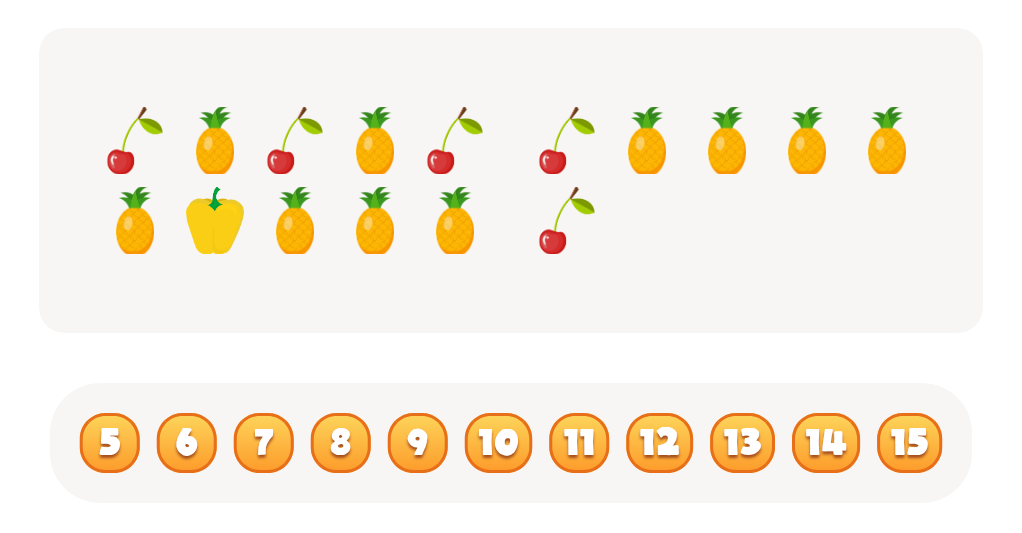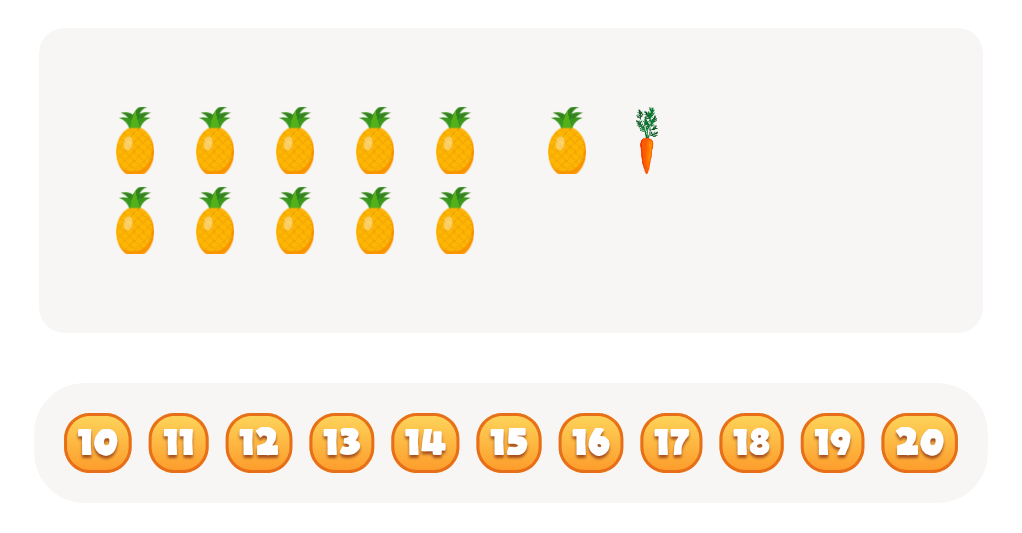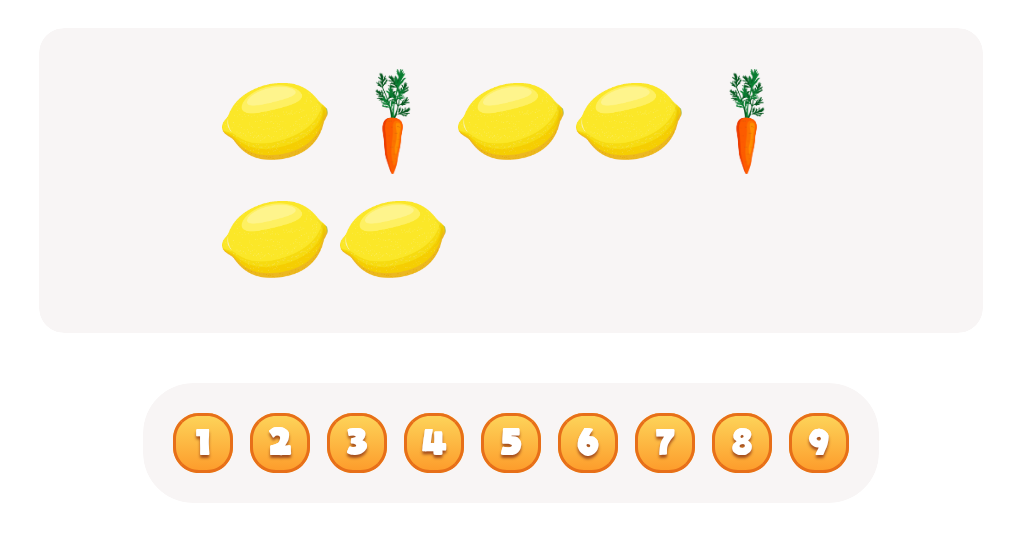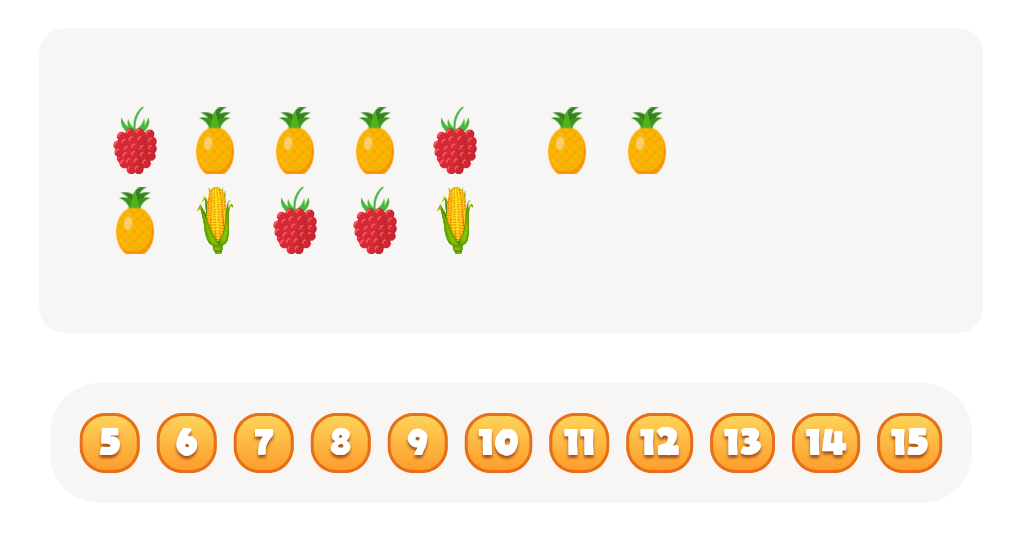Environmental awareness Plants and Animals Worksheets for Ages 4-8
4 filtered results
-
From - To
Nurture young minds with our Environmental Awareness Plants and Animals Worksheets for ages 4-8. These engaging, educational worksheets, designed to captivate and teach, help children understand the importance of nature. Kids explore diverse plant species and animal habitats through fun activities, enhancing their knowledge and appreciation of the environment. Our expertly crafted worksheets stimulate curiosity and foster a love for science, encouraging responsible ecological behavior. Perfect for both classroom and home use, they support early learning and awareness, paving the way for future environmental stewards. Let your child embark on an exciting journey of discovery with our vibrant printable resources.
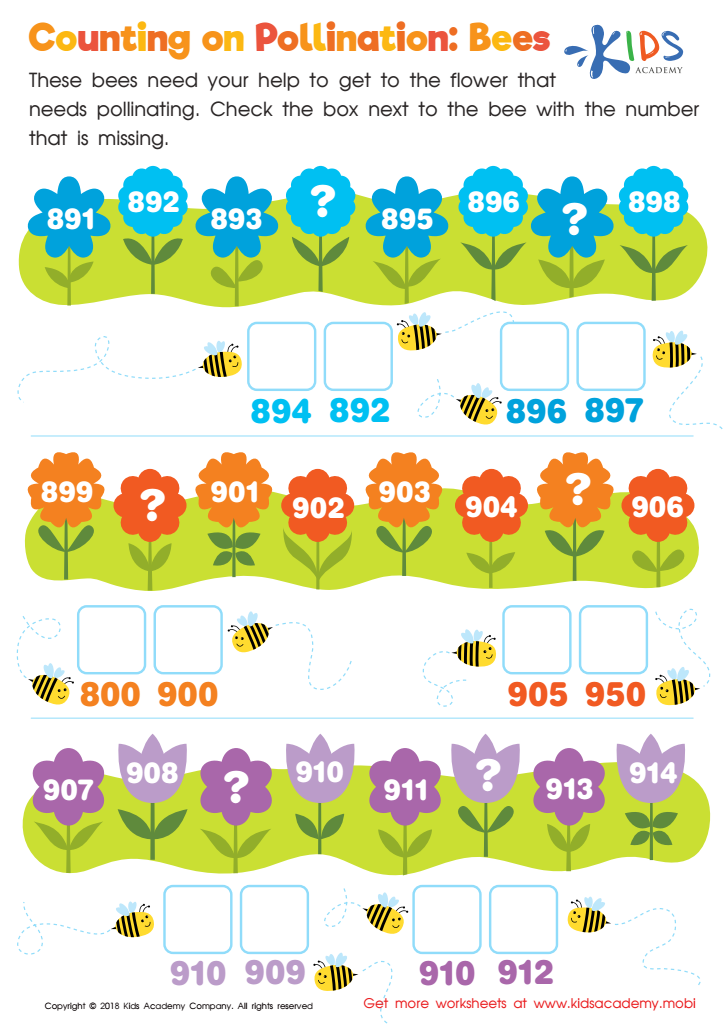

Counting on Pollination: Bees Worksheet
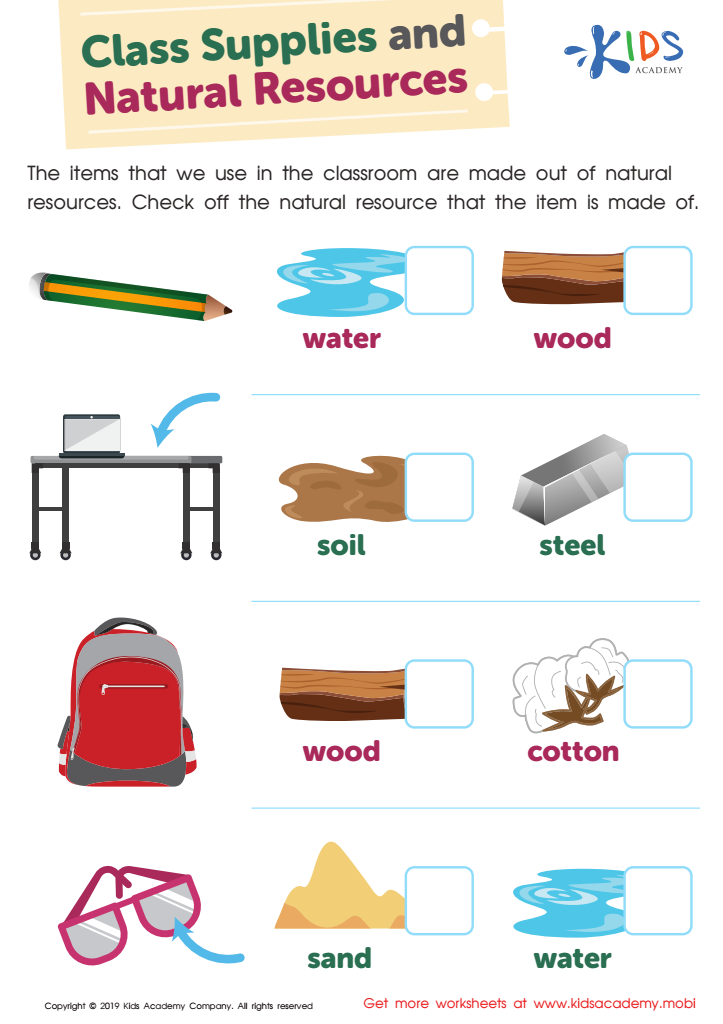

Class Supplies and Natural Resources Worksheet
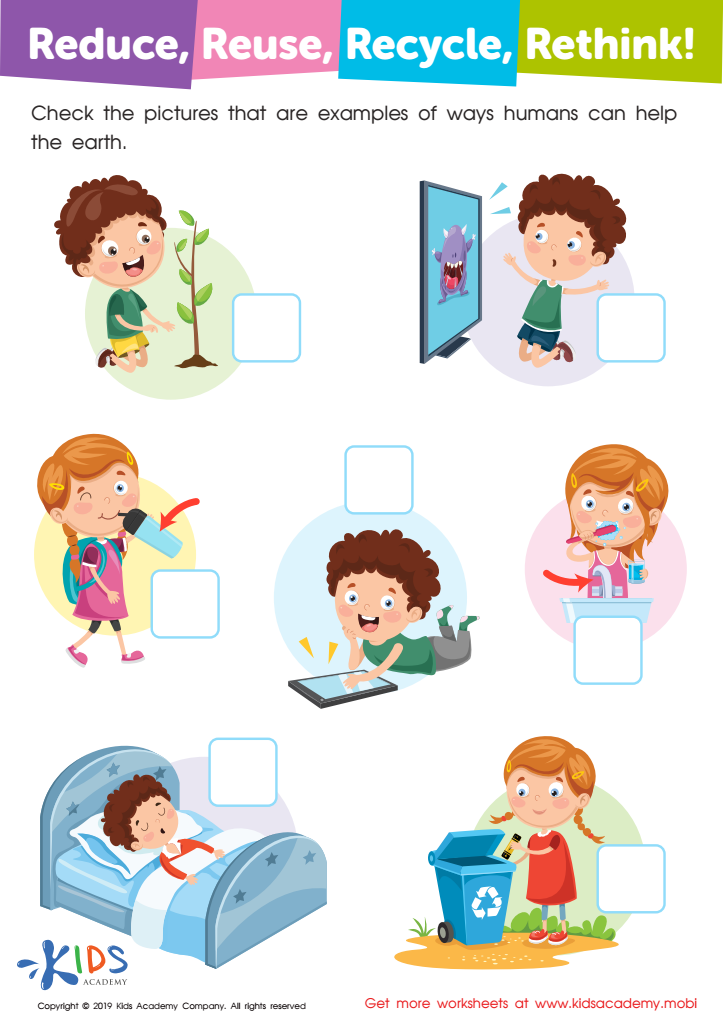

Reduce, Reuse, Recycle, Rethink Worksheet
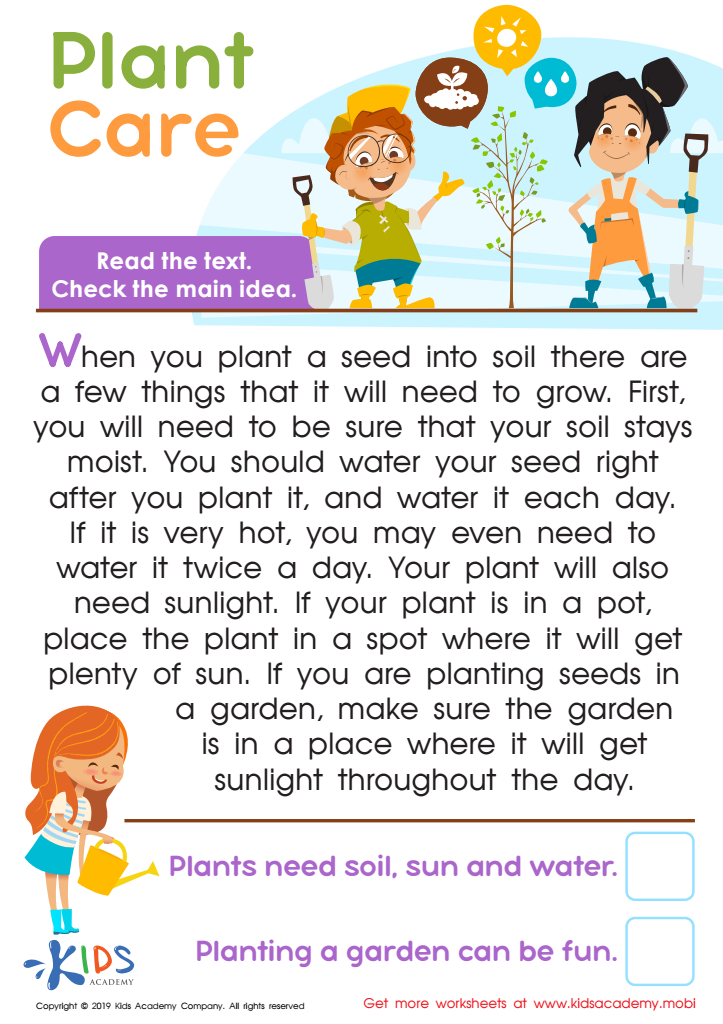

Plant Care Worksheet
Parents and teachers should prioritize environmental awareness regarding plants and animals for children ages 4-8 because this early intervention fosters a caring and responsible attitude towards nature. Introducing young children to the natural world lays the groundwork for a lifelong appreciation and stewardship of the environment. At this formative age, children are curious and impressionable, making it an ideal time to instill values and habits that contribute to environmental sustainability.
Teaching kids about plants and animals enhances their observational skills and curiosity, cultivating a sense of wonder and respect for living things. Garden activities, nature walks, and exploring local wildlife help children understand the interconnectedness of ecosystems and the role every living organism plays. This understanding can lead to more conscientious choices and a willingness to protect natural habitats in the future.
Furthermore, engaging with nature has innumerable emotional and physical developmental benefits. It reduces stress, boosts physical health, and encourages imaginative play, cognitive development, and emotional resilience. By nurturing environmental awareness, parents and teachers not only help preserve our planet but also support the holistic development of children, cultivating empathy, responsibility, and critical thinking skills essential to their growth.
Investing in environmental education for young children translates to healthier behavior patterns and a conscious, proactive, future generation.

 Assign to My Students
Assign to My Students
